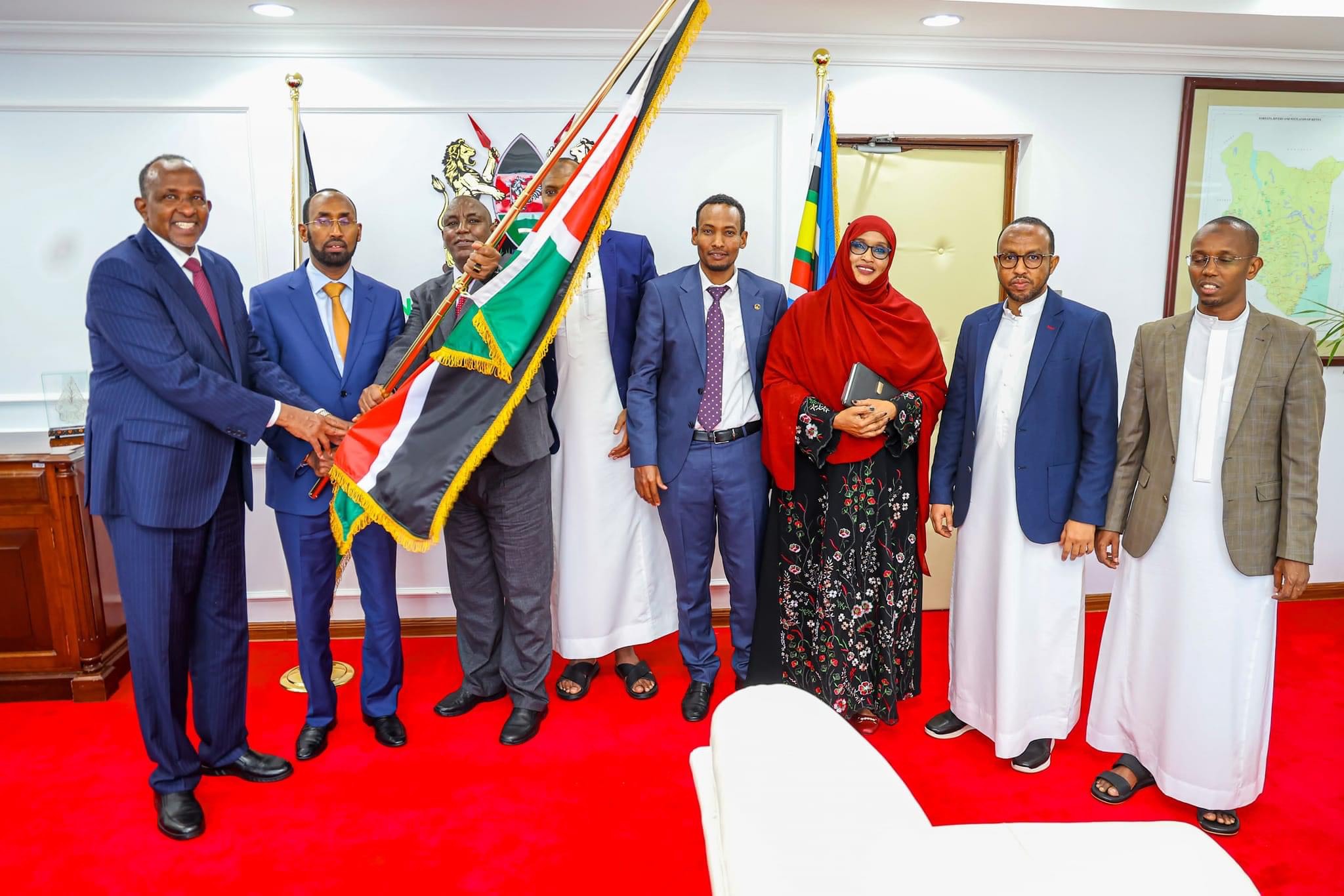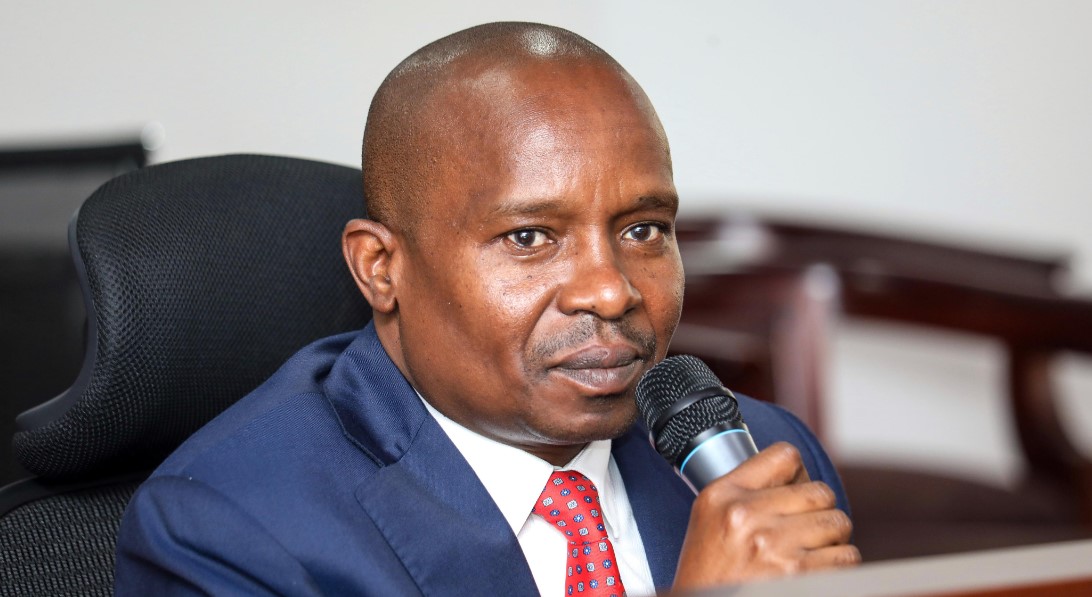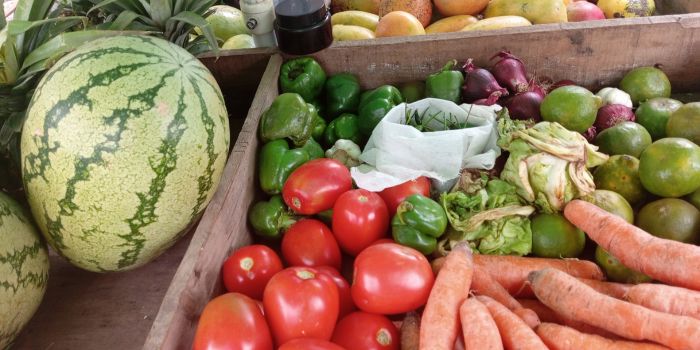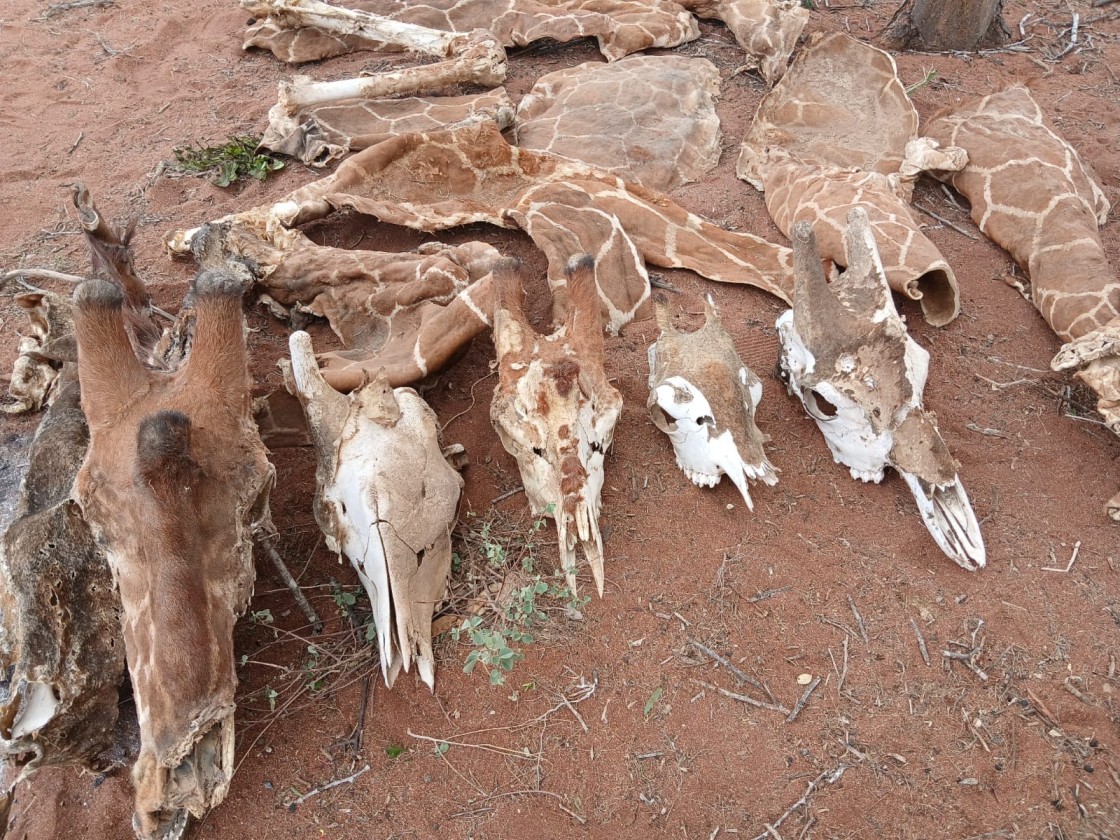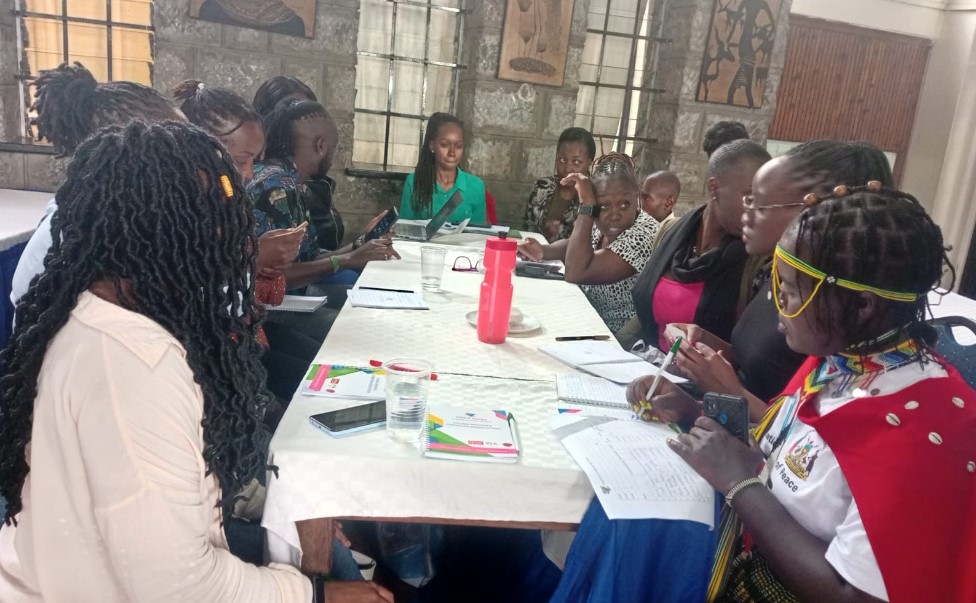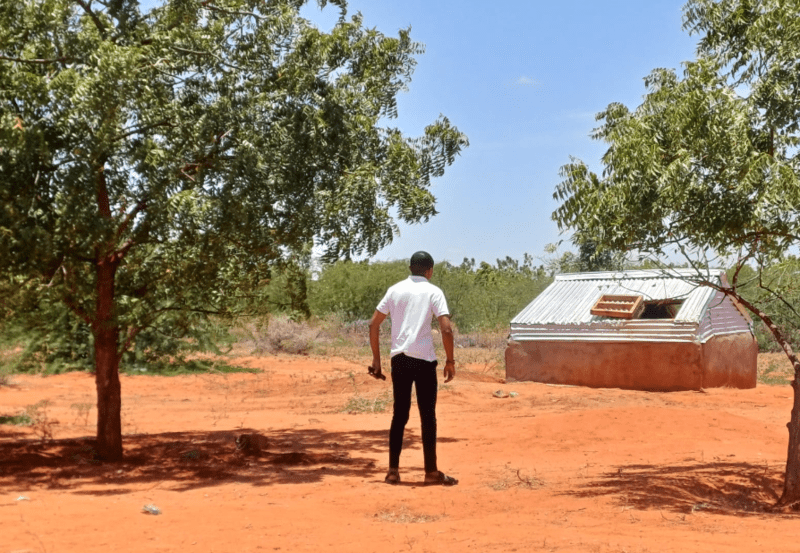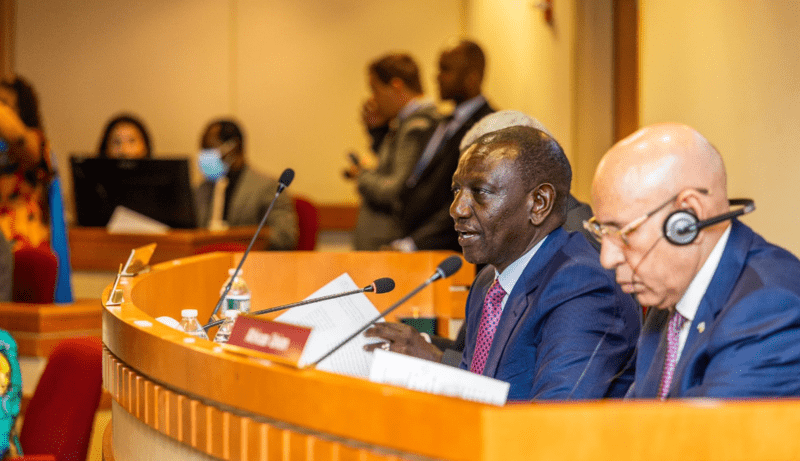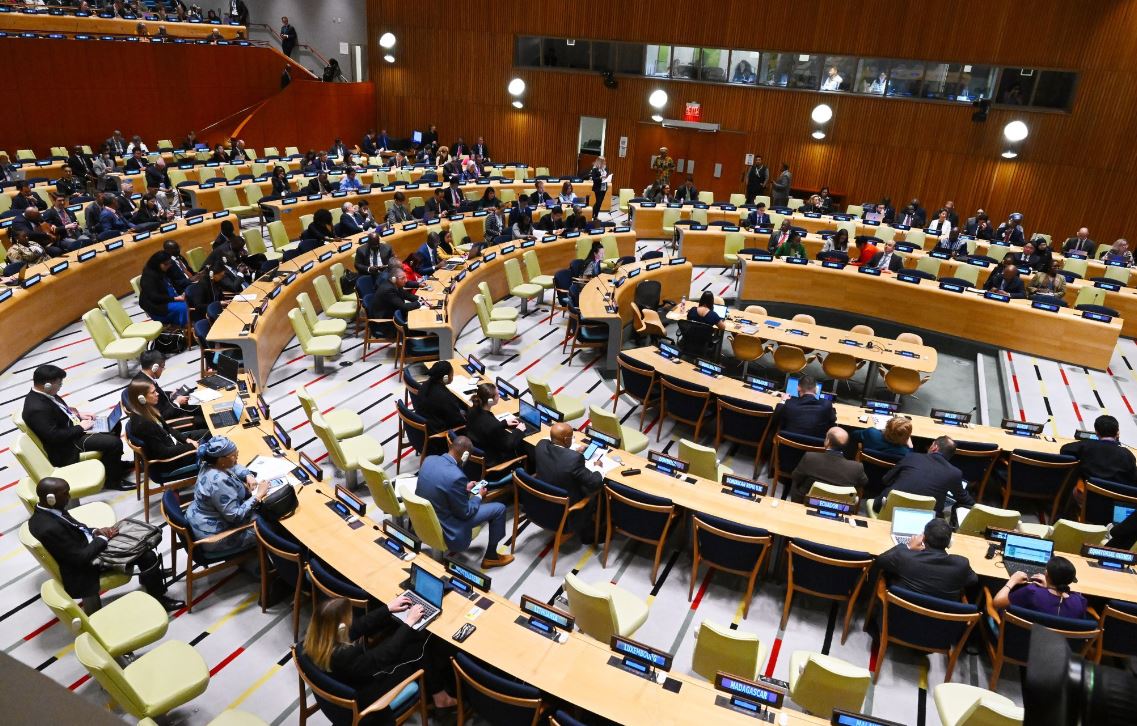Youth meeting to address climate change's impact on Africa food systems to be held in Addis Ababa
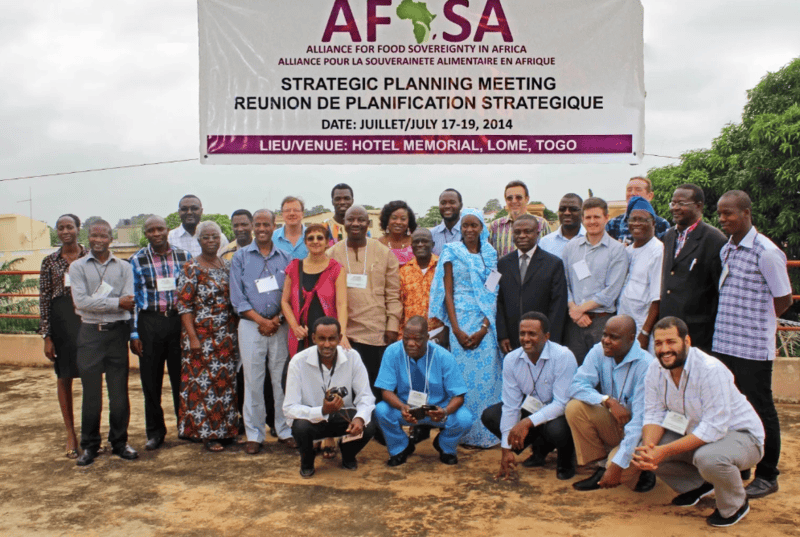
By Maureen Kinyanjui |
The high-profile meeting will also seek to establish and strengthen a pan-African platform of young African leaders and practitioners, encouraging collaboration, innovation, and collective action towards climate resilience.
A meeting bringing together youth from various African countries aims to focus on the undeniable impacts of climate change on food production across the continent.
The meeting, set to be held in Addis Ababa, Ethiopia, from October 14 to 16, recognises how erratic climatic patterns compromise food systems through disruptions in agricultural production, storage, distribution, and market systems.
Keep reading
- Duale says Kenyans have planted 481 million trees since January
- Youth battle mental health, unemployment linked to climate change challenges
- Industry players call for marginalised groups' inclusion in Kenya’s green transition efforts
- Duale urges Kenyans to embrace conservation as Mazingira Day approaches
Simon Bukenya, Coordinator at the Alliance for Food Sovereignty in Africa (AFSA) Secretariat, said on Friday that Africa's youth, who make up a significant portion of the population, are particularly vulnerable to these changes.
"The youth bear the brunt of climate impacts, from job insecurity in climate-sensitive sectors to heightened food insecurity and health risks," said Bukenya.
He explained that with the continent's food production expected to decline due to climate stresses, and food imports projected to more than triple by 2025, there is an urgent need for sustainable solutions that enhance food security and climate resilience.
Recognising the critical role of youth in addressing these issues, the Alliance for Food Sovereignty in Africa (AFSA) in 2018 emphasised the importance of empowering African youth to actively engage in combating the food and climate crises.
The AFSA Youth Platform was created to provide a dedicated space that places African youth at the forefront of the transition to agroecology across the continent.
AFSA is a network of networks with members active in 50 African countries. In 2023, AFSA convened the first meeting of African youth to discuss the multifaceted challenges affecting them in food systems, including the climate crisis.
The gathering allowed for an exchange of experiences and discussions on numerous issues, fostering a collective voice and shared strategies among the youth.
"Amidst these challenges and opportunities, African youth play a pivotal role. Young people are increasingly involved in driving the transition towards sustainable agricultural practices," explained Bukenya.
According to Bukenya, they bring innovative approaches to agroecology, leveraging technology and new farming techniques to enhance productivity and sustainability. Their active participation is crucial, as they stand to inherit the consequences of current practices and are key to forging a sustainable path forward.
In his view, engaging youth in agroecology not only empowers them but also ensures that the agricultural sector remains vibrant and adaptive to the changing climate.
"Crucially, African youth have emerged as creative and dynamic participants in addressing these challenges. Their innovative solutions, which range from novel agroecological practices to technological adaptations, are essential in transforming the agricultural landscape. However, while they are rich in ideas and initiatives, there is a critical gap in opportunities for them to showcase and scale these solutions."
The organisation believes that young innovators often lack the platforms necessary to bring their ideas to wider audiences and to influence policy and investment decisions.
The project aims to harness the energy, creativity, and potential of African youth in agroecology, equipping them with the knowledge and skills to lead climate action and advocate for policies that promote environmental and food system resilience.
"Through the summit, we seek to nurture a new generation of youth leaders who are committed to sustainable practices and capable of shaping a climate-resilient future for Africa," said Bukenya.
The summit's focus on being a "summit of solutions" underscores the need for actionable outcomes.
The high-profile meeting will also seek to establish and strengthen a pan-African platform of young African leaders and practitioners, encouraging collaboration, innovation, and collective action towards climate resilience.
It will also aim to enhance the capacity of young African leaders in policy advocacy for agroecology, focusing on sustainable and resilient practices.
"Expected outcomes include African youth empowered to influence policymakers and national governments to incorporate climate resilience strategies, especially agroecology, into national agriculture and environmental policies," explained Bukenya.
Reader comments
Follow Us and Stay Connected!
We'd love for you to join our community and stay updated with our latest stories and updates. Follow us on our social media channels and be part of the conversation!
Let's stay connected and keep the dialogue going!
Latest News For You
